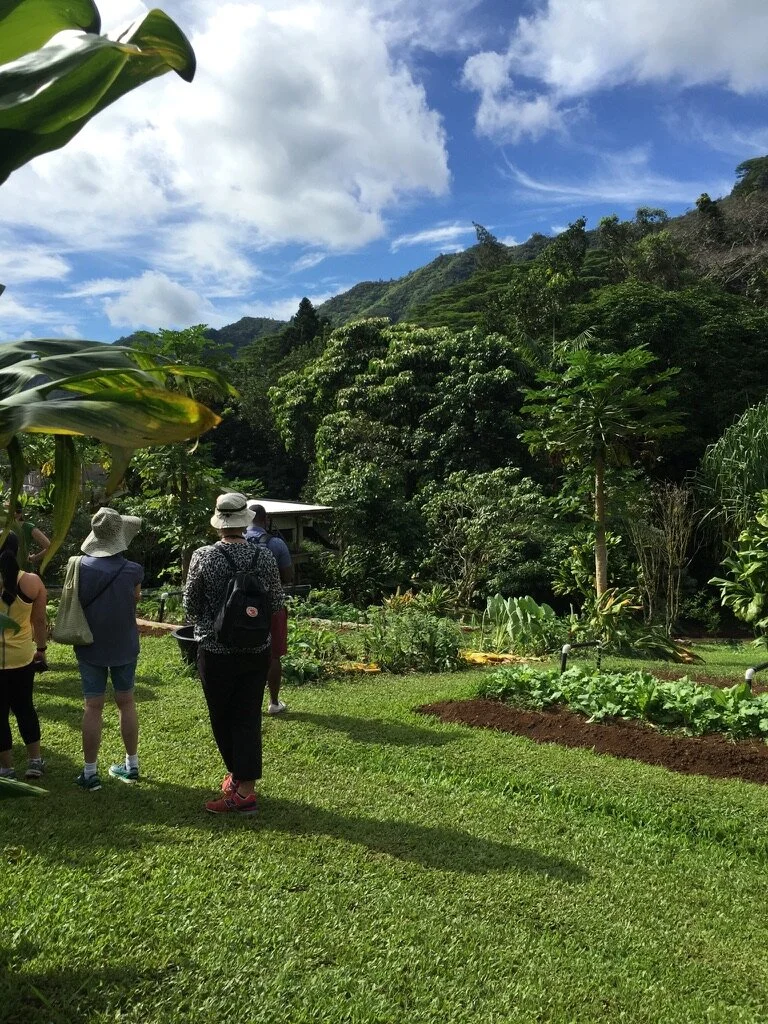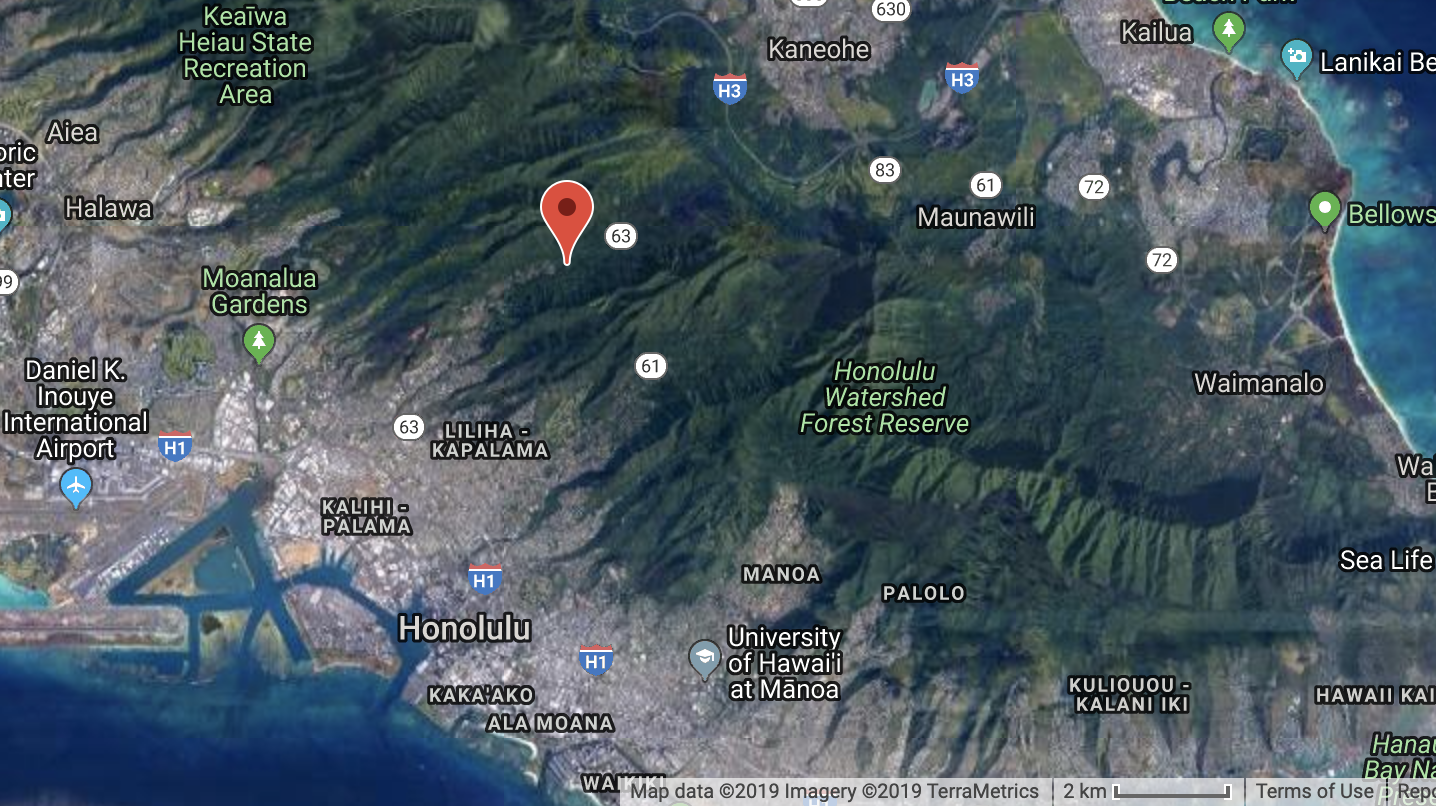O'ahu Journey: How the Humanities Heal
By Christina Barr
Every year humanities council board members and staff from councils in each state around the nation gather together for the National Humanities Conference where we share program ideas, reinforce best practices, and connect with colleagues. This conference has become a critical forum for sharing our work and bringing new knowledge and programs to Nevada.
This year we had the good fortune to meet in Honolulu, Hawai’i, for five full days of meetings, events, and opportunities to see the humanities in action in a beautiful and unique place. As I attended panel sessions and visited nonprofit organizations around O’ahu, I realized that, for me, the threads that wove the entire conference together were the twined power of conviction and action to change our lives for the better, and also how the humanities that we all live and share are an unparalleled catalyst for community health.
On Friday of the conference week I attended a panel called “Returning to Our Roots: Cultivating Place and Community through the Power of Food,” which was organized by my colleagues at the Hawai’i Council for the Humanities and Humanities Guåhan. As part of the panel we visited the Ho’oulu Āina Nature Preserve, a small nonprofit farm in Kalihi Valley, O‘ahu, to explore how their Returning to Our Roots program engages and supports residents – many of whom are immigrants from Asia and the Pacific Islands region, as well as native Hawaiians – to create a sense of place and community through growing, preparing, and sharing food. The staff of the Preserve described their farm as a health center, where people come to connect with nature, traditional foodways, and traditional healing practices in order to realign their families and communities with deeper meaning and enhanced physical and cultural health. This program resonated with me deeply. It perfectly articulated how our lived humanities (the basic elements that make us human, our capacity for knowledge and reflection, our creativity, our traditions, and our diverse cultures and identities) are at the core of our individual and collective health. If we nurture our roots, we will find the antidote to many of the issues that we struggle with today. If we nurture our roots, we will thrive.
I left Honolulu filled with fresh ideas and a renewed sense of purpose for our work in Nevada. As Nevada Humanities approaches its 50th anniversary as an educational and cultural nonprofit in the Silver State, we see even more the difference we have made over the past 50 years and the exciting future we have ahead of us as we redefine how the humanities are lived and shared by us all. Thank you for joining us on this exciting and meaningful journey.
Christina Barr is the Executive Director of Nevada Humanities.
Images/Christina Barr


